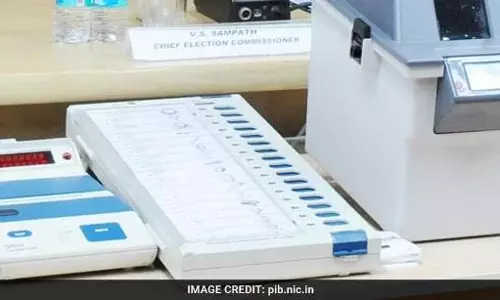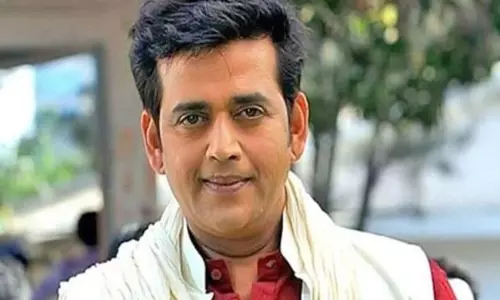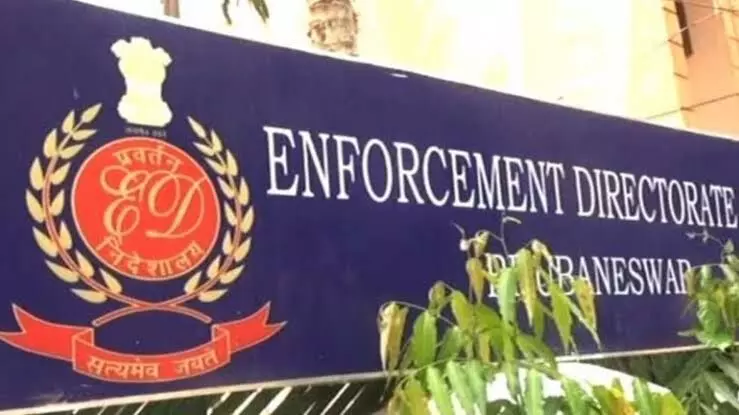
Supreme Court to hear review plea against PMLA verdict today
text_fieldsThe Supreme Court will today hear Congress MP Karti Chidambaram's review plea challenging its PMLA judgment which upheld the Enforcement Directorate (ED)'s powers to arrest, attachment of property involved in money laundering, search and seizure.
The Supreme Court had on July 27 delivered its verdict on a batch of petitions challenging the provisions of the Prevention of Money Laundering Act (PMLA) 2002.
According to Chidambaram, the judgment deserves to be reviewed on grounds of grave error and being contradictory to earlier judgments and provisions of the Constitution.
The order is contrary to Article 20 and Article 21 of the Constitution, and settled principles of criminal jurisprudence and deserves reconsideration by the court, Chidambaram said.
It is common experience the world over that money laundering can be a "threat" to the good functioning of a financial system, the apex court had observed on July 27 while upholding the validity of certain provisions of the PMLA. It underlined that this is not an "ordinary offence".
The Centre has been insisting money laundering is an offence that is committed not only by unscrupulous businessmen but also terror organisations, posing a grave threat to national security.
A bench headed by Justice A M Khanwilkar had said authorities under the 2002 Act are "not police officers as such" and the Enforcement Case Information Report (ECIR) cannot be equated with an FIR under the Code of Criminal Procedure (CrPC).
The bench had said supply of an ECIR copy in every case to the person concerned is not mandatory and it is enough if the ED, at the time of arrest, discloses the grounds of such an arrest.
























